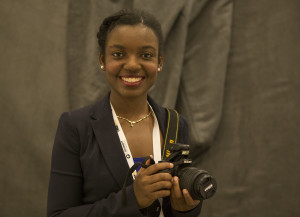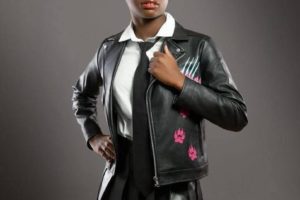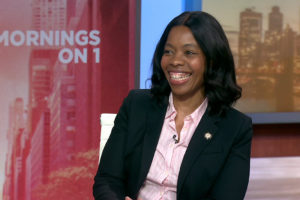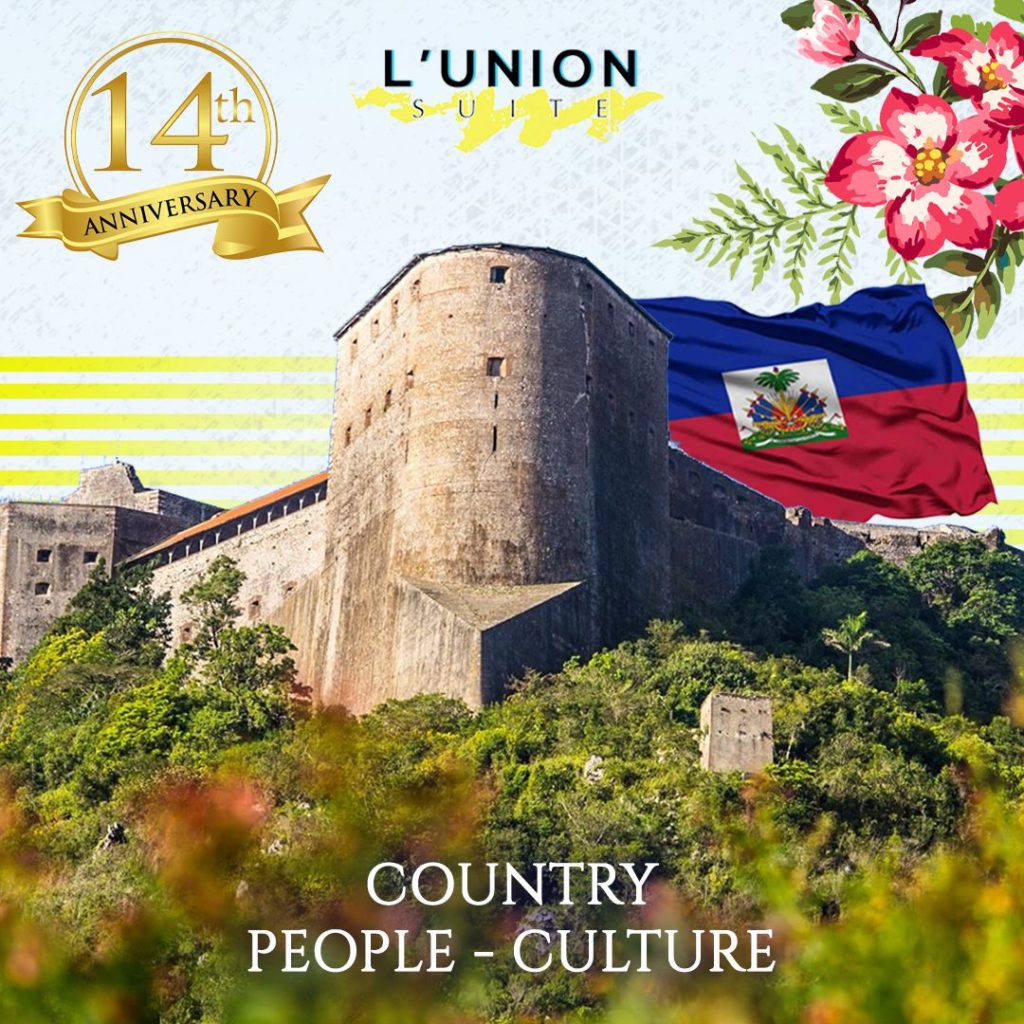
Meet Haitian-Americanand University of Florida visual journalism student Nathalie Dort, below
is her story about the difficulties growing up Haitian-American, being called an “Oreo” and race in america.
I wasn’t always comfortable with the sound of my voice.buy symbicort online https://cphia2023.com/wp-content/uploads/2025/01/png/symbicort.html no prescription pharmacyMy stomach would do backflips and a knot would form in my throat every time a classmate cupped their hands to the side of their mouths and called me America’s favorite cookie.
I was known as the “Oreo.”
My family immigrated to Miami in the 1980s from Haiti, the world’s first Black Republic. At the time, Haitians were part of a group called “four H Club” accused of spreading AIDS: hemophiliacs, heroin addicts, homosexuals and Haitians.
buy tadalista online https://cphia2023.com/wp-content/uploads/2025/01/png/tadalista.html no prescription pharmacyBut my family was leaving the Duvalier dictatorship in Haiti, trying to create a better life for their children, without worrying about violence, persecution or lack of access to education.
My sister and I were born in Miami, Florida, a place known for South Beach, warm weather, and tall palm trees with evergreen leaves tinged with yellow. I grew up in a nuclear household: My father is an internal medicine doctor, my mother is an accountant, and my soon-to-be doctor sister is a Harvard graduate. We were taught to speak proper English.
For most of my middle and high school years in Miami, different students would pass by my brown desk etched with twice carved initials, look me dead in the eye, and tell me “You’re such an Oreo,” sometimes with a slight smirk.
I didn’t tell my parents or sister because I knew they didn’t have the power to make the kids stop. I thought my parents would talk about coming to the United States without speaking a word of English and how blessed I was to speak the language. They might ask me, “If all your friends jumped off a bridge, would you do it, too?” I knew they thought I didn’t have to use slang or change myself to sound Black.
Writing and reading in the wee hours of the morning under my floral lampshade was my oasis from the teasing.
buy professional cialis online https://cphia2023.com/wp-content/uploads/2025/01/png/professional-cialis.html no prescription pharmacyI remember when I was 11 that I felt comforted knowing that the characters in Madeleine L’Engle’s “A Wrinkle in Time” or Christopher Paul Curtis’ “The Watsons Go to Birmingham – 1963” couldn’t jump off the page and ask me why I sounded white as I read under my breath.
Another saving grace was my camera. Around age 11, I got my first camera: a chunky, grey Nikon that fit in the palm of my hand. I already saw everything as a moving image in my head, which helped me write vivid narratives. But now I had the chance to save precious memories from vacations, outings with my cousins, while occasionally snapping a blurry shoe photo. – C
buy methocarbamol online in the best USA pharmacy https://stmu.edu.pk/wp-content/uploads/2025/07/png/buy-methocarbamol.html no prescription with fast delivery drugstoreontinue Reading Here














